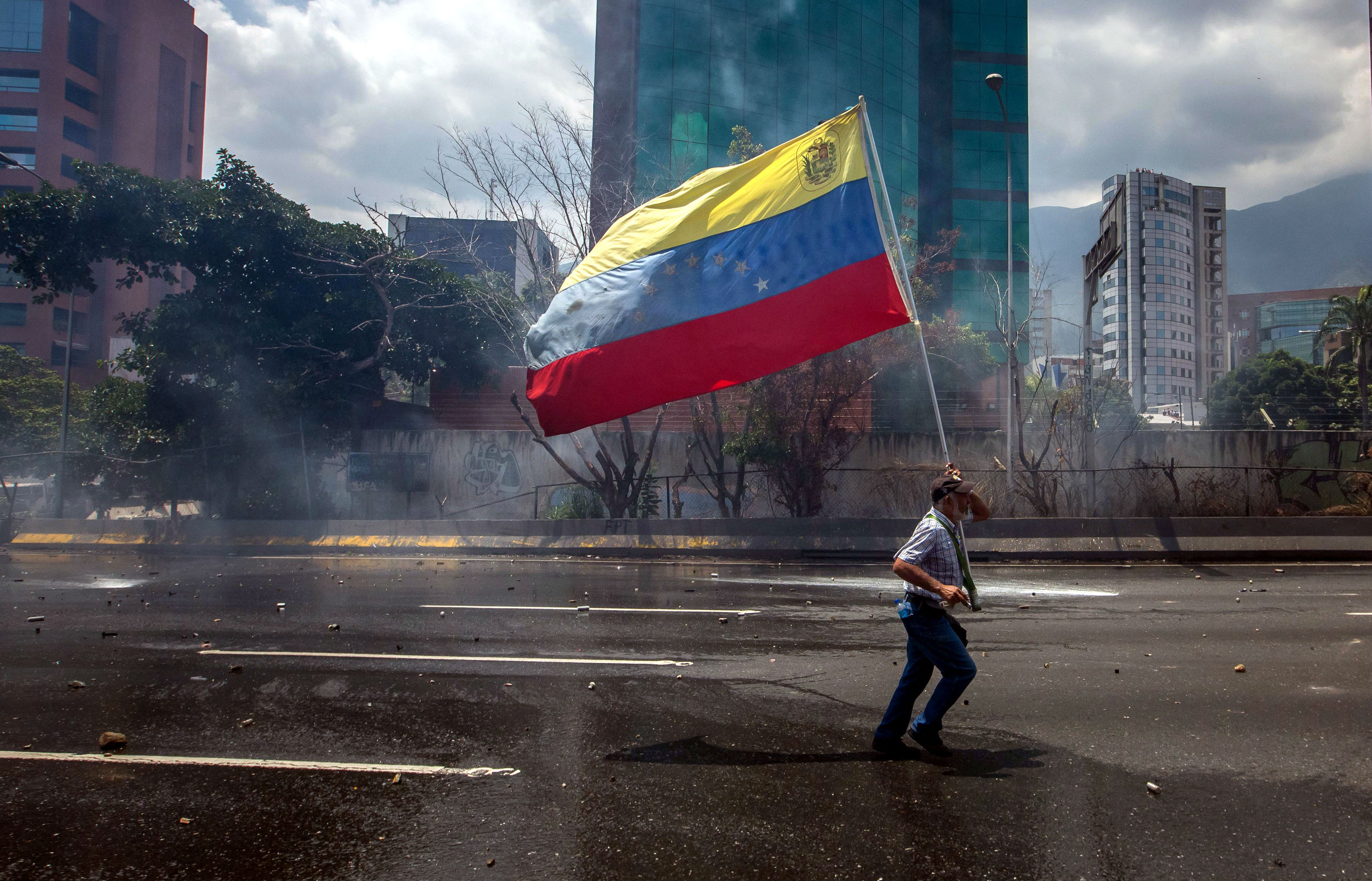Child malnutrition in parts of Venezuela is now at the level of a humanitarian crisis, warns a new report by the Catholic aid agency, Caritas.
Over 11 per cent of children under five are suffering either from moderate or severe acute malnutrition, the report reveals. The World Health Organisation’s crisis threshold for child malnutrition is 10 per cent.
Just four years ago, the country’s acute malnutrition rate was at three per cent. In some areas it has now reached 13 per cent, continues the report, which surveyed child malnutrition across four states including the capital Caracas.
This figure rises to 48 per cent when children under five-years-old at risk of, or already suffering, lower levels of malnutrition are included.
“We are extremely worried,” said Janeth Márquez, director of Caritas Venezuela, “which is why we are going public with this series of reports,” he added.
With inflation running at 720 per cent, the highest in the world, buying a basic basket of food in Venezuela now costs 16 times the minimum wage. The report found one in twelve households were eating “from the street” – scavenging for leftover food from restaurants and rubbish bins.
“It’s a major crisis and needs national and international help to manage the scale of the disaster at the highest decision-making levels,” said Susana Rafalli, a humanitarian specialist in food emergencies working for Caritas in Venezuela.
“Livelihoods have been degraded to such an extent, that the very poor have no means to cope – everything has broken down. Jobs, healthcare, the family, home – poor people have lost everything as they move about in search of a lifeline,” she continued.
Venezuela’s healthcare system has collapsed. Hospitals have run out of medicines and mosquito-borne diseases - including zika, dengue, malaria and chikungunya - are on the rise, explains the report.
Last week, Venezuela’s president Nicolas Maduro fired Health Minister, Antonieta Caporale, after her department released statistics revealing a large increase in infant and maternal mortality and disease.
The ministry's report showed the number of women dying in childbirth had risen by 65 per cent during 2016, while child deaths were up 30 per cent. Cases of malaria, once thought to have been eradicated in Venezuela, rose by more than 75 percent from the year before, affecting almost 250,000 people.
The report is said to be further evidence of the country’s economic crisis, which the opposition say is caused by government mismanagement.
Maduro, who argues that the health crisis is caused by medicines being hoarded to encourage a coup against him, did not give a reason for sacking the minister.
Vice-Minister of Hospitals Luis López has been appointed to take over the role, according to state media.
Once Latin America’s most prosperous region, four years of recession and currency controls have dramatically depleted Venezuela's supply of medicines, as well as basic provisions such as food and hygiene products.
The opposition blames Maduro and his government's economic mismanagement for the country's widespread crisis and deadly anti-government protests having paralysed most of the country for more than a month.
Maduro, meanwhile, has pointed the finger at external forces seeking to unseat him when explaining the crisis.
PICTURE: A protestor carries a flag, deadly anti-government protests have paralysed most of the country for more than a month as people blame President Maduro and his government's economic mismanagement for the country's widespread crisis.




 Loading ...
Loading ...